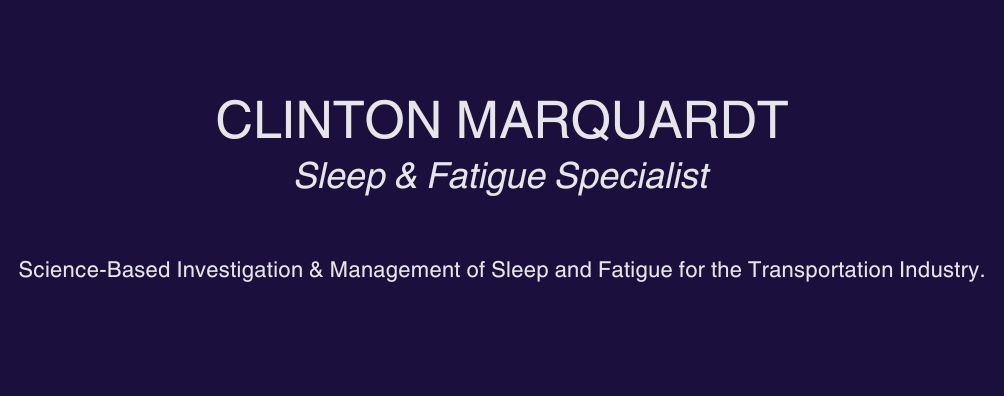“I feel like I have insomnia because I wake up a lot.”
Central sleep apnea (CSA) is less common than obstructive sleep apnea (OSA). With central sleep apnea, not only are you not getting any air in or out, but your body shows no effort to breathe. It’s almost like your brain forgets to tell your body to breathe. Think of it as pulling the vacuum’s power cord out of the wall socket. In much the same way, the central respiratory mechanisms in the brain simply stop doing their job so the person stops breathing. Central sleep apnea is often associated with a decrease in the amount of oxygen in your blood and this can become dangerous. Like OSA, CSA puts you at risk of cardiovascular problems like strokes.
Individuals with CSA tend to complain of insomnia rather than excessive sleepiness. Although these people are unaware of the apneas because there is often no snoring, they are usually aware of many of the awakenings and may have difficulty falling back to sleep.
 Like people with OSA, people with CSA find their sleep unrestorative. Although the primary complaint may be of insomnia, they fall asleep very quickly, usually in less than ten minutes. Snoring can also occur but is not prominent with CSA.
Like people with OSA, people with CSA find their sleep unrestorative. Although the primary complaint may be of insomnia, they fall asleep very quickly, usually in less than ten minutes. Snoring can also occur but is not prominent with CSA.
The central apneas occur most often during sleep onset. Each apnea episode lasts ten to thirty seconds and ends with gasps, feelings of choking and/or body movements. People with CSA will also often have OSA.
CSA is a dangerous condition and can often only be detected through an overnight sleep study.


